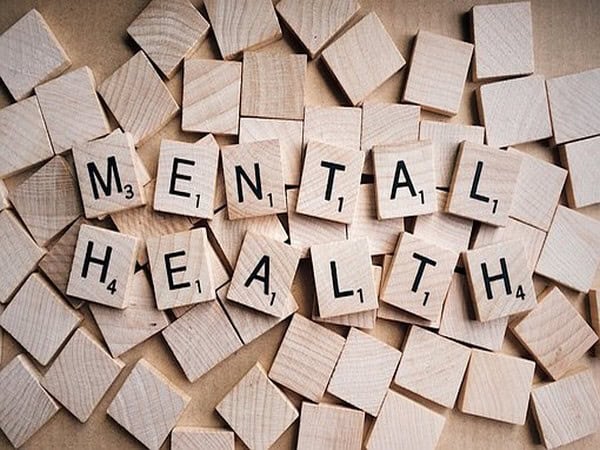Washington: When it comes to mental health, differentiating mental disorders from mental illnesses has always been a tricky task.
Notions of whether a certain phenomenon should be classified as an illness or disorder, or something falling within the category of normal emotional fluctuations or personality traits, have changed significantly over the years, and continue to do so.
As part of a recent study, a team of researchers tried to draw a line between mental health and illness for a better understanding of the two phenomenons.
“It’s difficult to draw a definite line between normal and abnormal behaviour, or to know when mental symptoms should be called a disease. For instance, grief and anxiety can be normal reactions to a difficult stage in life, but they may also underlie severe depression or an anxiety disorder,” said Kari Tikkinen, the principal author of the research.
In a study carried out with a Finnish dataset, an international group of researchers looked into which mental conditions from a group of 20 were considered illnesses and which were not by five different groups of people.
The questionnaire was distributed to 6,200 individuals, of whom 3,000 were Finns chosen randomly from the Population Register. The rest included 1,500 physicians – a number of psychiatrists and other specialists – 1,500 nurses and, in addition, all of the 200 members of the Finnish Parliament. The researchers received 3,259 responses (53 per cent).
The findings were published in the Journal of BMJ Open.
The respondents were asked whether they would define the following conditions as diseases: ADHD, alcoholism, anorexia, autism, bulimia, premature ejaculation, homosexuality, drug addiction, depression, panic disorder, gambling addiction, personality disorder, absence of sexual desire, schizophrenia, social anxiety disorder, grief, transsexualism, work exhaustion, insomnia and generalised anxiety disorder.
At least 75 per cent of respondents in all groups considered schizophrenia and autism illnesses, while a corresponding share did not consider homosexuality and grief illnesses.
In all groups, ADHD, anorexia, bulimia, depression, panic disorder, personality disorder, and generalised anxiety disorder were classified as diseases by 50-75 per cent of respondents. The same number of respondents did not classify premature ejaculation, absence of sexual desire and transsexualism as diseases.
The widest range of views concerned alcoholism, drug and gambling addiction, social anxiety disorder, insomnia, and work exhaustion.
Psychiatrists were most inclined to classify the conditions included in the questionnaire as diseases, followed by other physicians, nurses, members of parliament and laypeople.
People’s notions of what is and is not a disease are very important in the discourse on mental health and human behaviour. These notions also influence the allocation of society’s resources and the stigmatisation of various groups of people, researchers suggested.
“Society’s attitude towards alcoholics and drug addicts largely depends on whether substance abuse is considered an illness or a life choice,” Tikkinen points out.
[source_without_link]ANI[/source_without_link]

